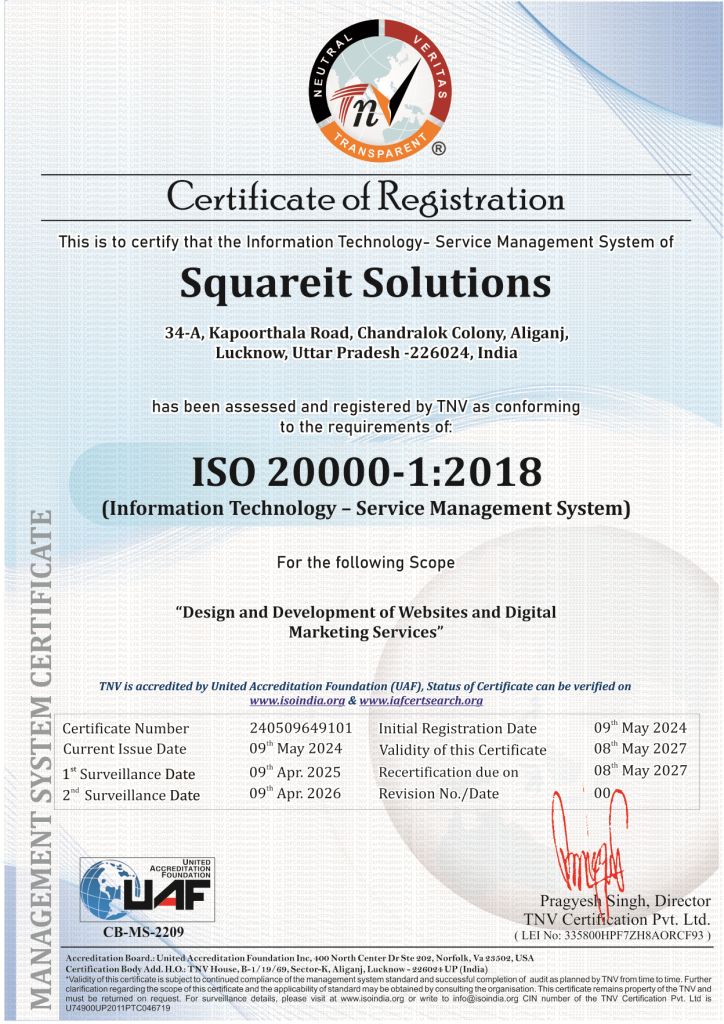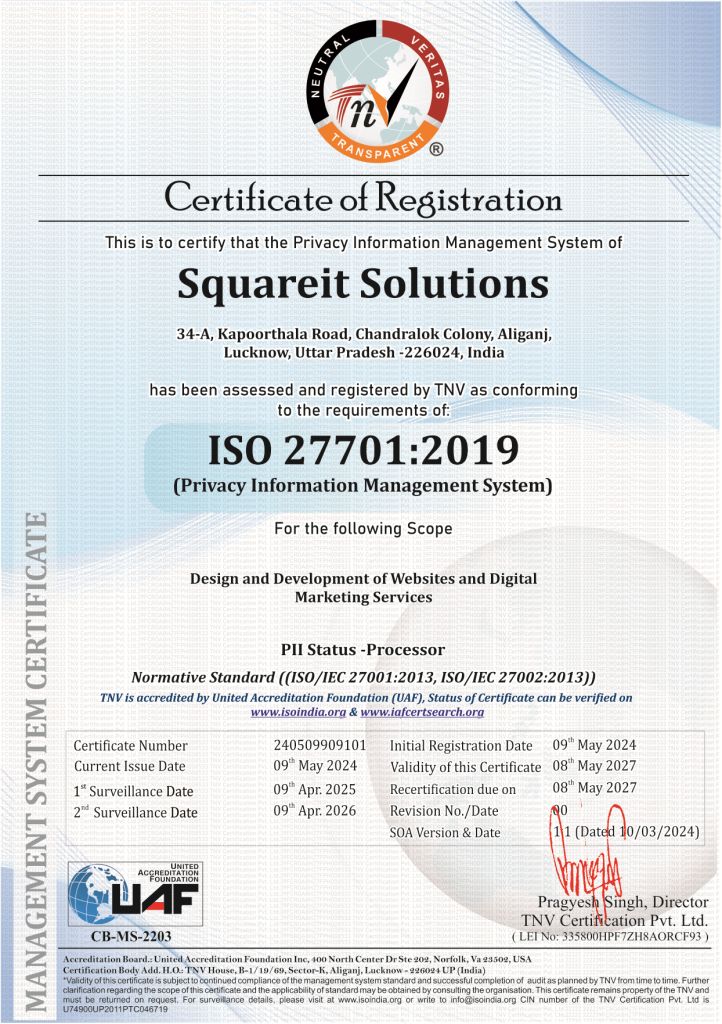Guide to online degrees, exploring benefits, programs, and strategies.
Introduction: Embracing the Digital Learning Revolution
In an era defined by rapid technological advancements, education is undergoing a significant transformation. Online classes and degree programs have emerged as a powerful alternative to traditional education, offering flexibility, accessibility, and a wide range of opportunities. For students and working professionals alike, online degrees provide a viable path to achieving academic and career goals without compromising on personal and professional commitments. This guide explores the benefits, types, and considerations of pursuing an online degree.
Also Read:
Challenges in Traditional Education
Traditional education systems, while valuable, present several challenges:
- Rigid Schedules: Fixed class times can be difficult to manage, especially for working professionals and those with family responsibilities.
- Geographical Constraints: Access to quality education often depends on proximity to educational institutions, limiting options for many.
- High Costs: The cost of tuition, commuting, and living expenses can make traditional education financially burdensome.
The Need for Flexibility and Accessibility
For many students, the conventional education model is not feasible. The need for a more flexible and accessible approach to learning is evident. Whether it's balancing work and studies, managing family commitments, or overcoming geographical barriers, the traditional education system often falls short.
Advantages of Online Degrees
Online degrees address these challenges head-on, providing a flexible, accessible, and cost-effective alternative to traditional education. Here are the key benefits:
1. Flexibility
Online degree programs offer unparalleled flexibility, allowing students to learn at their own pace and on their own schedule. This is particularly beneficial for working professionals, parents, and individuals with busy lives. According to a recent survey, 70% of online students cited flexibility as the primary reason for choosing an online program.
2. Accessibility
Online education breaks down geographical barriers, making it possible for students to enroll in programs from institutions worldwide. This accessibility opens up a wide array of options, enabling students to choose programs that best fit their academic and career goals.
3. Cost-Effectiveness
Online degrees are often more affordable than traditional on-campus programs. The reduction in commuting costs, housing, and other campus-related expenses can lead to significant savings. Additionally, many online programs offer financial aid and scholarships to help offset tuition costs.
4. Diverse Program Offerings
From associate degrees to doctoral programs, online education covers a broad spectrum of fields and specializations. This diversity allows students to pursue their interests and career aspirations without limitations.
5. Career Advancement
Online degrees can be a stepping stone to career advancement. Many programs are designed with a practical focus, providing skills and knowledge that are immediately applicable in the workplace. Employers increasingly recognize the value of online education, with many viewing it as equivalent to traditional degrees.
Types of Online Degrees
Online degree programs come in various levels and specializations, catering to a wide range of academic and professional interests:
Associate Degrees
- Duration: Typically 2 years
- Focus: Foundational knowledge in a specific field
- Benefits: Cost-effective, shorter duration, often a stepping stone to bachelor’s degrees
Bachelor’s Degrees
- Duration: Typically 4 years
- Focus: In-depth study in a chosen major
- Benefits: Comprehensive education, opens doors to various career opportunities
Master’s Degrees
- Duration: Typically 1-2 years
- Focus: Advanced study and specialization in a specific field
- Benefits: Career advancement, higher earning potential
Doctoral Degrees
- Duration: Varies (3-7 years)
- Focus: Research and advanced expertise in a specific field
- Benefits: Highest level of academic achievement, leadership roles in academia and industry
Choosing the Right Online Degree Program
When selecting an online degree program, consider the following factors:
Accreditation
Ensure the program is accredited by a recognized accrediting body. Accreditation ensures that the program meets high standards of quality and that your degree will be recognized by employers and other institutions.
Program Curriculum
Review the curriculum to ensure it covers the essential areas of study for your field. Look for programs that offer a balance of theoretical knowledge and practical skills.
Faculty Credentials
Check the qualifications and experience of the faculty members. Experienced instructors with industry expertise can provide valuable insights and guidance.
Student Support Services
Consider the support services offered by the institution, such as academic advising, career counseling, and technical support. These services can enhance your learning experience and provide necessary assistance throughout your studies.
Technology and Learning Platform
Evaluate the technology and learning platform used by the institution. A user-friendly and reliable platform is crucial for a smooth online learning experience.
Success Stories: Real-World Impact
Many students have successfully transformed their careers through online degree programs. Here are a few examples:
Emily, a Business Analyst
Emily completed her MBA online while working full-time. The flexibility of the program allowed her to balance work, studies, and family life. After graduation, she received a promotion and a significant salary increase, thanks to the skills and knowledge she gained from her online MBA.
John, a Healthcare Professional
John pursued an online Master of Public Health (MPH) degree to advance his career in healthcare administration. The program’s practical focus and expert faculty helped him develop the expertise needed to take on a leadership role in his organization.
Conclusion: Embrace the Future of Education
Online degrees offer a flexible, accessible, and cost-effective way to achieve your academic and career goals. With a wide range of programs available, from associate degrees to doctorates, there is an online degree to suit every interest and professional aspiration.
Ready to take the next step? Explore the various online degree programs offered by accredited institutions and find the one that aligns with your goals. Embrace the future of education and unlock new opportunities for career advancement and personal growth.
By choosing an online degree, you’re not just investing in your education; you’re investing in your future. Visit the websites of leading online universities today to learn more and start your journey toward academic and professional success.
Also Read:



.png)



